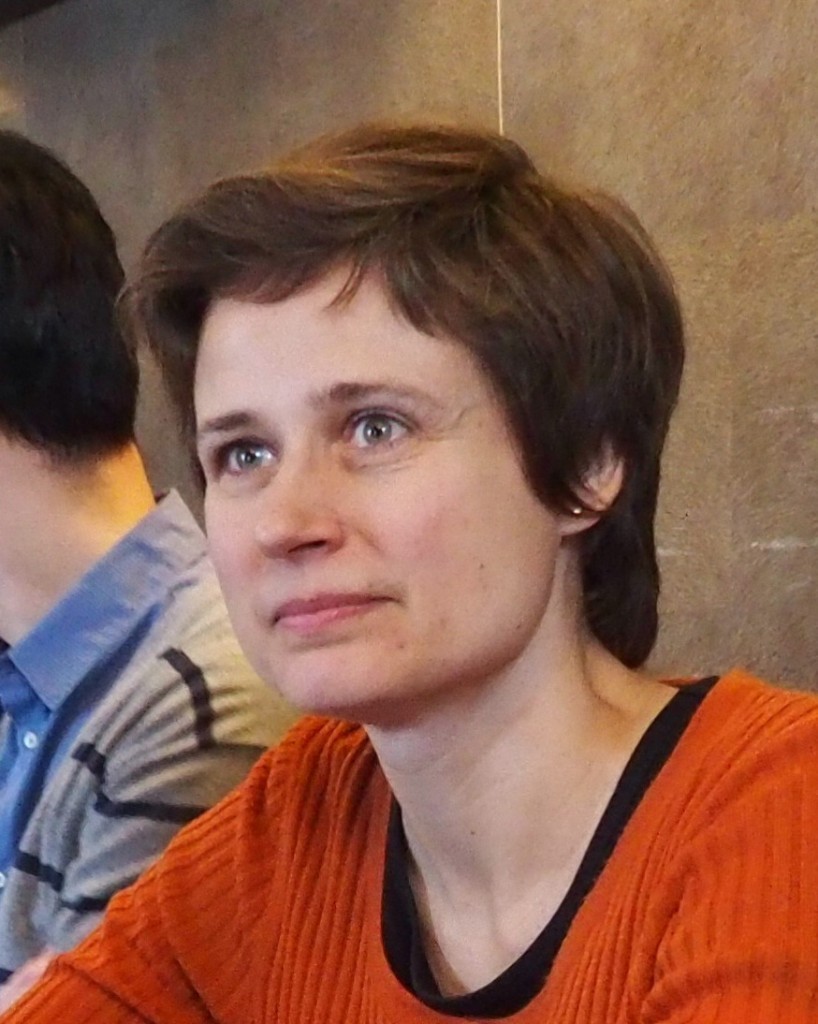-
0 comments
by Ursula Pachl, Deputy Director-General of BEUC, The European Consumer Organisation
As the EU’s Digital Single Market policy work speeds up, we must make certain that efforts to embolden the trust and confidence of Europe’s consumers are kept front and central.
In an effort to realise the Digital Single Market (DSM), European initiatives and legislation for sectors as diverse as personal data protection, copyright provisions, the telecoms market and e-commerce are currently pending or envisaged. Instilling rights which are sufficiently robust to build trust, widen choices and suitably protect consumers must be the common threads woven throughout this package to finally establish a true Digital Single Market for consumers.
We must achieve this not just via appropriately drafted new laws, but also diligent enforcement of recent legislation such as the Consumer Rights Directive and the Unfair Commercial Practices Directive, after all EU-wide ‘sweep surveys’ show up to 75% of online traders did not adhere to consumer laws.
Given the borderless nature of the internet and often international commercial strategies, an EU-wide enforcement strategy which responds to infringements which happen across more than one Member State, is crucial to ensure consumer trust in the Single Market.
Moving forward we need to widen online choices for consumers in all 28 EU Member States. There is currently a drastic disparity of access to goods and services, in particular to digital content from country to country, this is so-called ‘geo-blocking’. There is no justification in a Single Market for a European being unable to purchase goods and services or access the same online content only because they crossed a border to another Member State. Unfair business practices and outdated copyright laws are the main reasons. There is no justification for this status quo.
There can be no Digital Single Market without an effective, modern and accessible telecoms infrastructure. For that we must foster network competition and ease provider switching.
A true Digital Single Market requires an open, non-discriminatory internet in order to flourish. Europe needs to take the lead and legislate on Net Neutrality in order to prevent the fragmentation of the internet, the creation of pay-walled access and operators choosing what is accessible and what is not.
If we stay determined to implement laws which build consumer trust and confidence - in actual, practical terms - then the European Commission can achieve its stated goal to “make a real and tangible difference to people's lives.”
